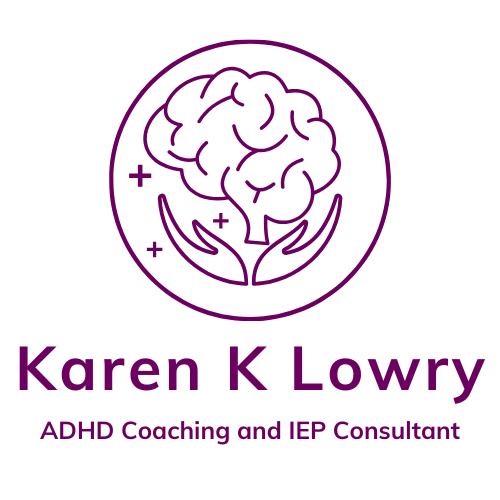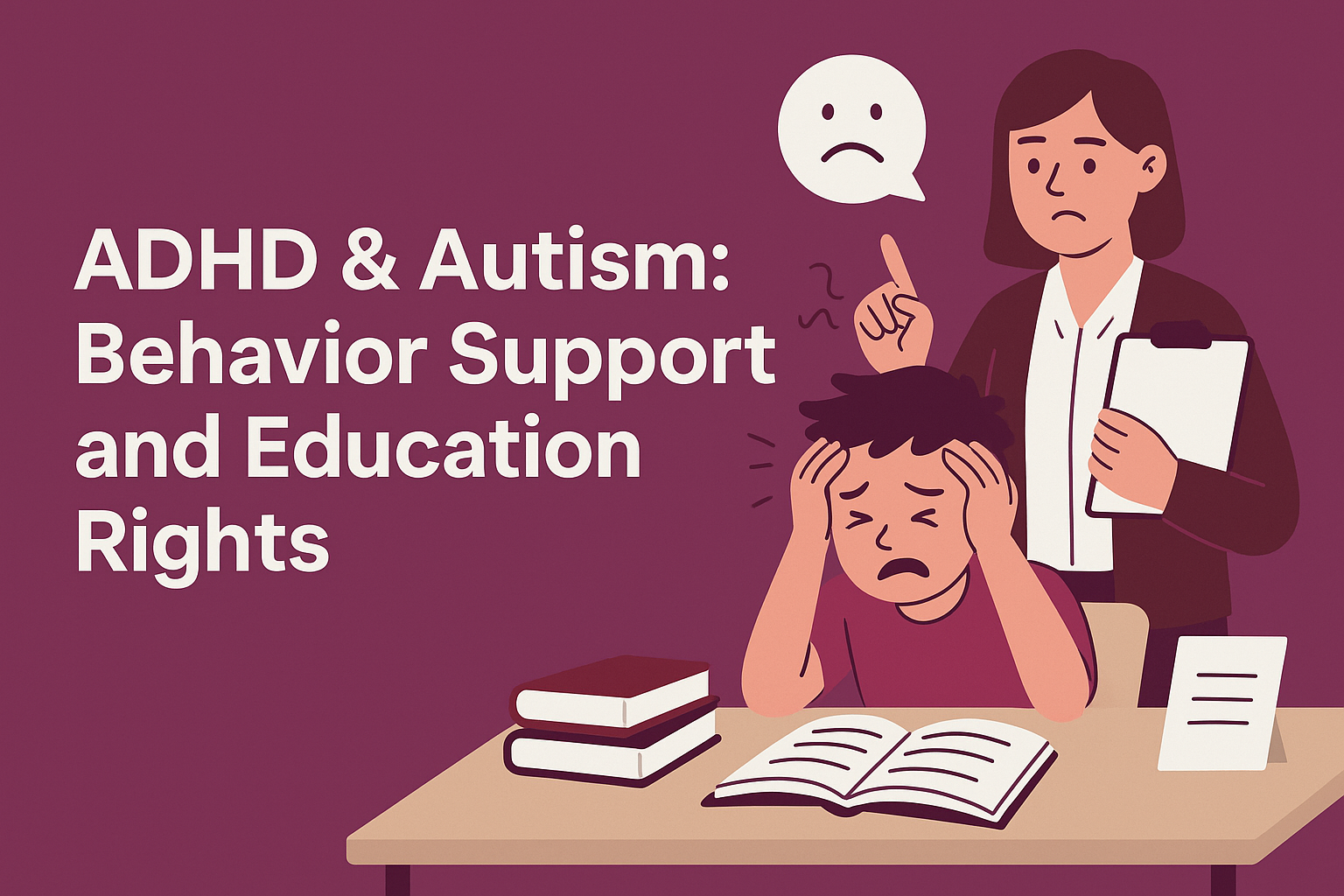When a child with ADHD struggles in school, it’s essential to ensure that their IEP goals are meaningful, measurable, and being effectively implemented. With the right understanding, parents can advocate for proper IEP accommodations for ADHD and monitor progress to support academic success. Knowledge of the IEP process and tools like an IEP planner or guidance from an IEP Consultant can make a significant difference.
Understanding the Psychoeducational Evaluation
So a child with ADHD is struggling in school and is given a full psychoeducational evaluation. Found in the depths of the subscores are the reflections of this child’s ADHD: weaknesses in reading comprehension, writing, processing speed, and working memory.
The IEP Eligibility Meeting
The IEP eligibility meeting to discuss the results of the testing comes with it a bunch of professionals who have already developed a skeletal IEP. Yes, parents are a part of the team but here we have the document, apparently done by the professionals who know best. The IEP must have a statement of present academic and functional performance. In effect, this means that it must indicate grades and current functioning with teacher assessments in the classroom. From all of this including the psychoeducational evaluation, goals are developed with appropriate action plans.
Concerns About Annual Reviews
For three years, there is one annual IEP review to establish appropriate plans for the following year. Each year, goals are not reached. But parents are told that the child is improving without any change in goals, despite reading levels below grade level. Parents believe that the professionals know what they are doing and have the child’s best interest in the forefront.
What is wrong with this picture? The following are bullet points that explain and answer the question:
- Annual IEP meetings are required by special ed law. But parents can ask for a meeting anytime during the year to address concerns.
- It is a true concern when a goal/goals are not met within a year.
- Parents should be receiving at least 4 reports a year with testing that indicate degree of goal achievement. You as the parent should know from the beginning of IEP development what type of progress monitoring will be used and by whom.
- Parents need to know the research-based program being used to remediate. (In this case, learning issue is dyslexia.)
- There should be functional goals that address the executive functioning deficits of ADHD in the classroom.
- There should be changes made in the program when determined that there is no success in achieving the goal.
- It’s important to know that you, the parent, can always call an IEP meeting to ask questions pertinent to struggles and to suggest changes. Solely an annual meeting may not be enough to assess and tweak. Parents need to be aware of goal achievements and programs that are being used to achieve these goals. If the program is not research-based and is not helping to achieve the goals, then it is necessary to change the program.
Advocacy from Personal Experience
I understand all these frustrations firsthand! I advocated for my youngest for years, slowly learning what our rights were and what was needed to advocate effectively for his success! YOU as the parent are an equal part of the team and actually know the most about your child. Families sometimes benefit from working with an IEP Advocate, enrolling in IEP Training, or consulting IEP Services to ensure goals are monitored and accommodations are properly implemented.
Take Action
Do you have any frustrations? Let’s talk about them! Sign up for a free 20-minute consult!





